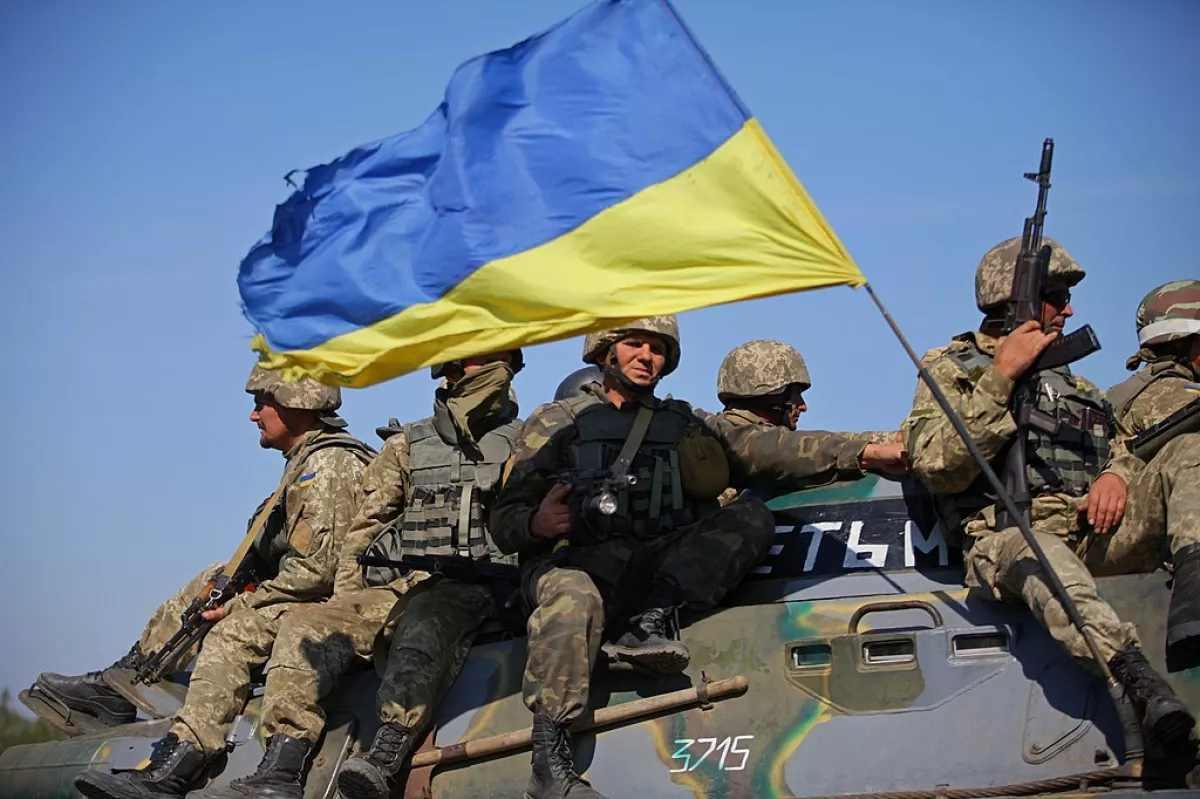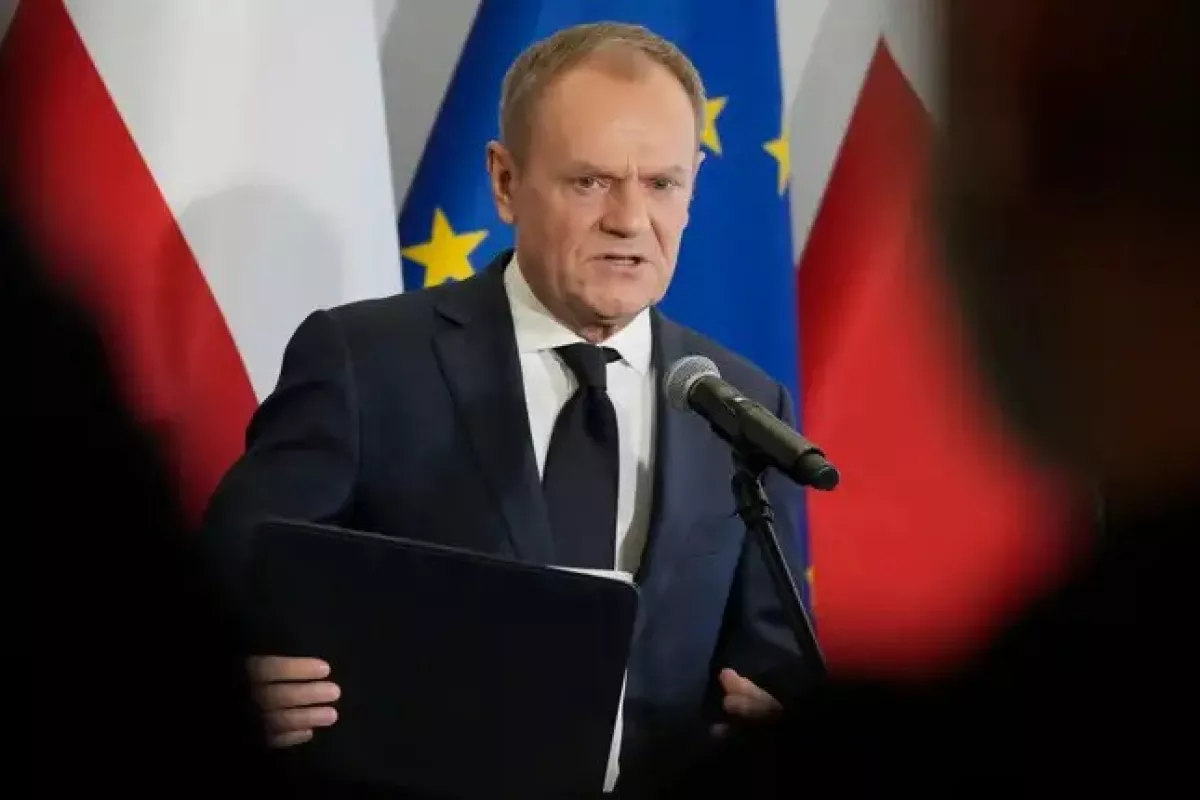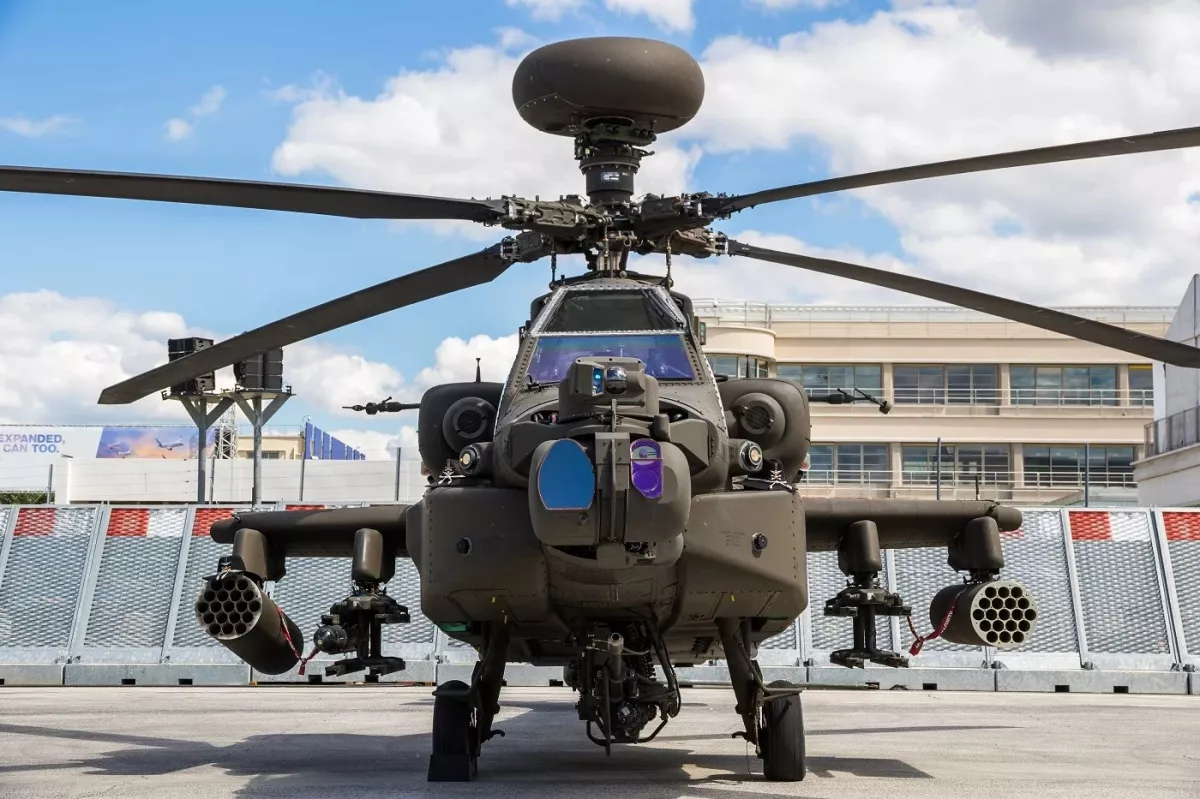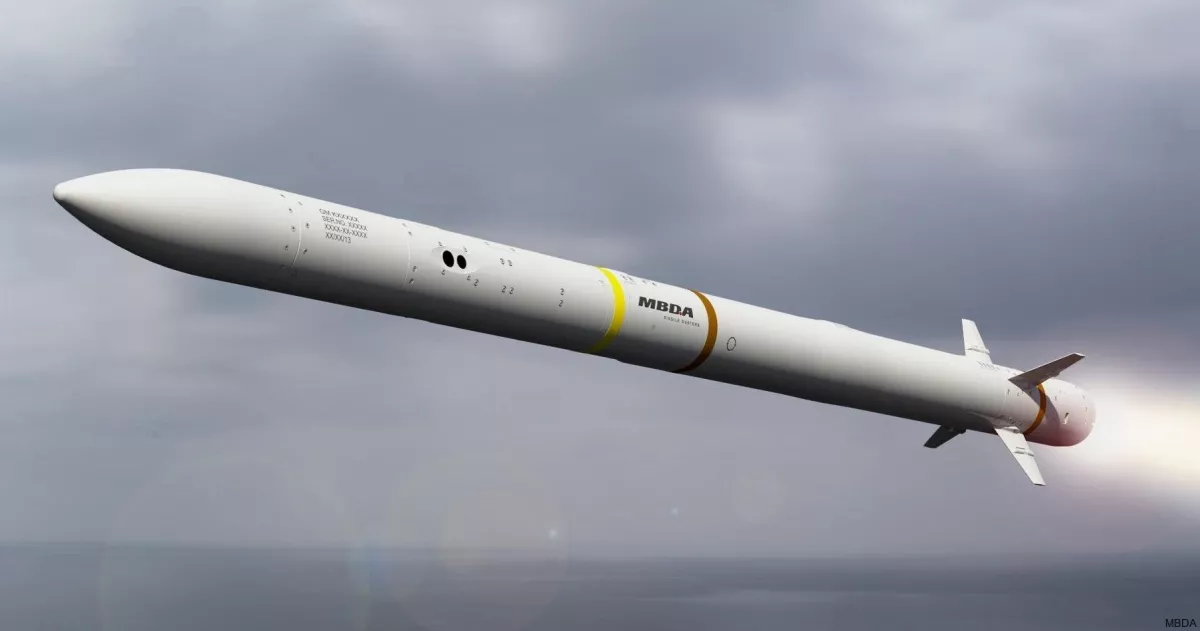Is Poland Europe's rising military power? Duplicating fear
In August 2024, the Polish government unveiled its plans to spend 4.7% of its GDP on defence in 2025. Reportedly, Poland is already NATO’s biggest defence spender, with plans to spend 4.1% of GDP in 2024. However, the Polish government is considering increasing the defence budget by 0.6 percentage points further next year. The additional expenditures will make Poland the main front-runner of NATO in terms of the defence budget, which is already estimated at $35 billion.
NATO’s figures also include a standardized measure of defence budgets converted into constant 2015 prices, allowing them to be more easily compared over time. This shows that Poland's spending has more than tripled from around $8.5 billion in 2014 to $27 billion this year.

Although Poland maintained the status of leading regional military power for many years, the outbreak of the Russo-Ukraine war at its doorstep boosted security concerns, prompting the Polish government to increase manpower and purchase additional modern weaponry to quell potential foreign invasion. Located on NATO’s eastern flank, Poland is well aware of Russia's threat to all of Europe and has been warning allies for years. In recent months, this threat has become all the more apparent as European states fight increased disinformation efforts, acts of sabotage, and arson attacks from Russia or Russia-sponsored operatives.
In the last two years, the Polish government pushed the narrative that it is in a state of hybrid warfare with Russia due to Warsaw's active support of Ukraine and its continuous support of weaponry. One of the most recent cases occurred in late June when Poland reported that their Russian counterparts had warned them that they had lost control of one of their balloons protecting the airspace in the exclave of Kaliningrad. The aircraft strayed into Polish airspace for four and a half hours.

The former Law and Justice government (PiS), defeated in the recent general elections, launched an unprecedented military procurement spree, ordering thousands of tanks, self-propelled howitzers, combat aircraft, rocket artillery launchers, and new air defence systems. The majority of those deals were signed with the United States (US) and South Korea. However, Prime Minister Donald Tusk's new government pursued a similar approach to defence issues by reaching out to Germany and the US for more support.
Hence, in August 2024, the Polish Defense Ministry signed a deal with the United States government to purchase 96 Boeing AH-64E Apache attack helicopters—with related gear and weapons—for the country's armed forces. The contract is worth approximately $10 billion. Once the 96 aircraft are delivered, the Polish military will be the Apache’s second largest user in the world.

Indeed, PM Tusk would like to boost defence spending through initiatives such as joint EU debt for military investments, also known as defence bonds. However, at last week's EU summit, Germany categorically opposed this option. Instead, Germany has been pushing the EU member countries to support and join its flagship Sky Shield Initiative program, which envisions joint procurement of air defence systems. In addition, Poland plans to buy eight Patriot batteries and 22 Narew batteries equipped with CAMM-ER missiles.

Poland needs additional ammunition and weaponry due to its vast donations to Ukraine since the outbreak of the war, though it comes with extra cost. Nevertheless, the Polish government seemed determined to beef up border areas with Russia and Belarus, thus announcing details of "East Shield," a $2.5 billion programme to strengthen its eastern border to be completed in 2028. Many Polish military experts urge the government to prepare for large-scale warfare rather than asymmetric warfare.
However, Poland seems a bit sceptical regarding the consequences of its strengthening military power, as it may lead to the US disengagement from the region in case of full-scale war. Therefore, the upcoming November elections in the US and the potential re-election of Donald Trump may be an alarming signal to Europe in light of the rising threats to regional security.








